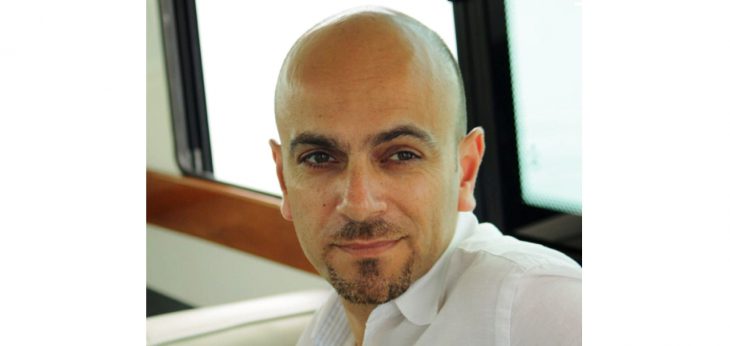
The new study combines information on family history and hundreds of genetic markers with other factors, such as weight, to give the most comprehensive assessment possible, notes Cancer Research UK.
Some GPs and specialists are trialling the prediction tool as part of a plan to spot cancers earlier through tailored screening.
Women at high risk could be given preventative treatments or offered more checks, note the researchers.
A potentially ‘game-changing’ innovation for predicting a woman’s risk of breast cancer has been unveiled.
Scientists have analysed hundreds of genetic markers and lifestyle factors together to come with a method said to be the most comprehensive yet.
The research aims to help doctors identify patients at the highest risk and lowest risk of developing the disease.
Those who are considered to be more likely to develop breast cancer can then be given preventative treatments or offered more screening.
Breast cancer is the most common form of the disease in the UK, with nearly 55,000 women diagnosed every year.
Cancer Research UK says a large proportion of those cases occur in people who are at an increased risk.
Led by researchers at the University of Cambridge, the risk factor study has produced an online calculator for GPs to use in their surgeries that is currently undergoing testing.
Professor Antonis Antoniou from Limassol, lead author at the university’s Department of Public Health and Primary Care, said: “This is the first time that anyone has combined so many elements into one breast cancer prediction tool. It could be a game changer for breast cancer because now we can identify large numbers of women with different levels of risk – not just women who are at high risk.”
The system combines information on family history and genetics with other factors such as weight, age at menopause, alcohol consumption and use of hormone replacement therapy.
More than 300 genetic indicators for breast cancer are taken into account, making risk calculation much more precise than ever before.
Prof Antoniou said: “This should help doctors to tailor the care they provide depending on their patients’ level of risk. For example, some women may need additional appointments with their doctor to discuss screening or prevention options and others may just need advice on their lifestyle and diet.
“We hope this means more people can be diagnosed early and survive their disease for longer, but more research and trials are needed before we will fully understand how this could be used.”
This innovative testing is shining new hope on the disease. Over 2 million new cases of breast cancer were diagnosed in the year 2018, according to the World Cancer Research Fund. Breast cancer is the second most common cancer in both women and men worldwide.
Dr Antoniou is an accomplished scientist who studied at the London School of Economics and Political Science as well as the University of Cambridge before earning his PhD in Genetic Epidemiology at Cambridge in 2001.
He has taught in the field of cancer risk prediction since 2013. The main focus of his research involves the development and trial of statistical modelling techniques for addressing clinical questions and the development of risk prediction tools.
His latest breast cancer tool, made possible by the recent advances in genetics, will soon be used in clinical practice by doctors all over the world.